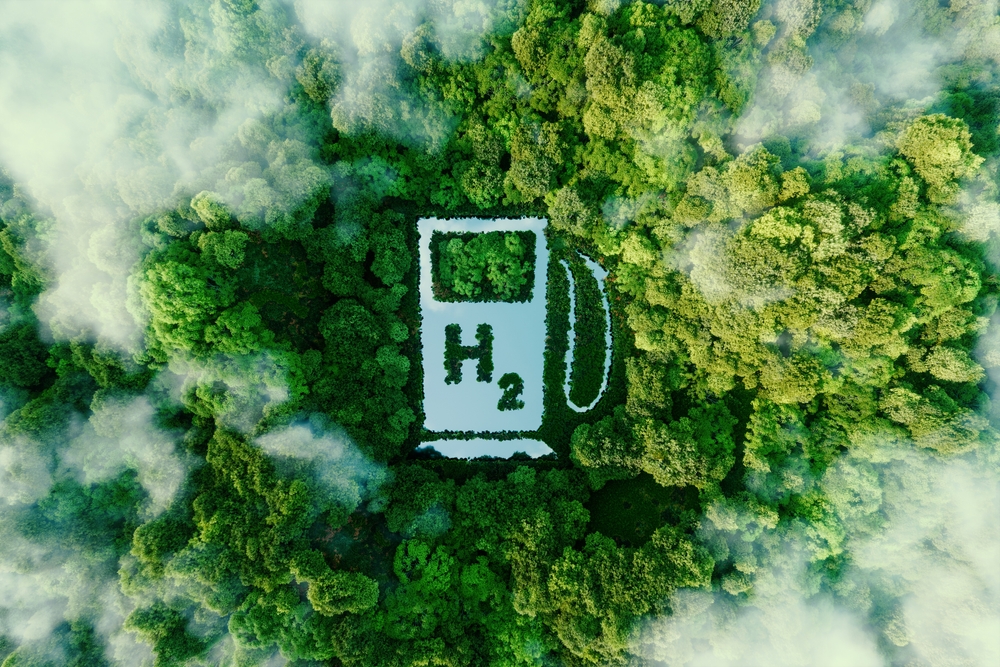Unfolding the Secrets of Hydrogen Fuel Cell Technology in Cars
Imagine cruising down the highway in a vehicle that emits nothing more harmful than water vapor. Welcome to the world of hydrogen fuel cell cars, a technological marvel that promises clean, efficient, and sustainable transportation. Let's dive into the specifics of this innovative technology that's changing the face of the automotive industry.

The Genesis of Hydrogen Fuel Cells
The concept of hydrogen fuel cells dates back to the 19th century when Welsh scientist Sir William Grove discovered the principle of electrochemical conversion. However, it wasn’t until the 1960s that NASA used this technology for spacecraft, providing both electricity and drinking water for astronauts. In the automotive world, the first hydrogen fuel cell car was the 1966 GM Electrovan, a concept vehicle that never hit the mass market. The technology has since evolved significantly, with automakers like Toyota and Honda leading the charge.
How Hydrogen Fuel Cells Work
Hydrogen fuel cells work by converting chemical energy into electrical energy. The process involves hydrogen gas (H2) entering the fuel cell on one side and oxygen (O2) on the other. The hydrogen atoms pass through a catalyst, causing them to split into protons and electrons. The protons pass through the fuel cell, while the electrons create a separate current that can be utilized before they return to the fuel cell. Upon reentering, they react with the oxygen to form water (H2O), the only byproduct of this process.
The Current State of Hydrogen Fuel Cell Cars
Today, hydrogen fuel cell cars remain a niche segment in the auto industry. However, they’re gaining traction, particularly in regions like California, where hydrogen refueling infrastructure is expanding. The Toyota Mirai and Honda Clarity are two notable examples, offering zero-emission driving and impressive range. Furthermore, companies like Nikola Corporation are exploring hydrogen fuel cell technology for trucks, indicating a broader industry interest.
Advantages and Challenges
The benefits of hydrogen fuel cell cars are undeniable. They emit only water, require less recharge time compared to electric vehicles, and offer a higher energy density, leading to longer ranges. However, challenges persist. The production of hydrogen is energy-intensive, often reliant on fossil fuels. The lack of widespread refueling infrastructure also deters many potential buyers. Additionally, the cost of these vehicles remains high due to the expensive platinum catalyst used in the fuel cells.
Conclusion
Hydrogen fuel cell technology presents a fascinating and potentially game-changing avenue for the future of transportation. While hurdles remain, increased research, infrastructure development, and regulatory support can pave the way for hydrogen fuel cell cars to become a viable and environmentally friendly alternative to conventional vehicles. As we continue to grapple with the impact of climate change, this technology could play a pivotal role in creating a greener, more sustainable automotive landscape.




